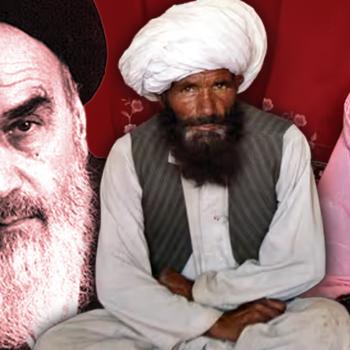 |
There is a very famous hadith by the Prophet Muhammad that says, “Difference of opinion in my community is a mercy for people.” One would be hard pressed to find any mercy, however, in the varying interpretations of what Islam is, and the actions Muslims take based on those beliefs. Osama bin Laden thinks that Islam would approve of launching attacks against civilians (So would cartoonist Doug Marlette, but that’s another story). Other Muslims take the spirit of Islam to be that of non-violence and fostering brotherhood among nations. Where does the truth lie? The answer will most likely depend on a process of intellectual inquiry and freedom within Islam – the technical term is ijtihad – which was fairly stagnant before 9/11 but is experiencing a resurgence as Muslims struggle to make sense of the chaos the Islamic world has found itself in. For centuries, many scholars declared the “doors of ijtihad” to be closed to all but a few (self-selected, of course) scholarly elites, creating intellectual stagnation, the results of which are all too apparent today. But now tough questions regarding separation of mosque and state, how the Qu’ran should be read, and the proper expression of Islam in a pluralistic community beg a fresh look at Islamic sources. “We need people who will practice ijtihad and can tell us,” explains Egyptian reporter Khaled Salah Hassanein, “if Prophet Muhammad were living in a time like ours, what he would do.”
Shahed Amanullah is editor-in-chief of altmuslim.com.















